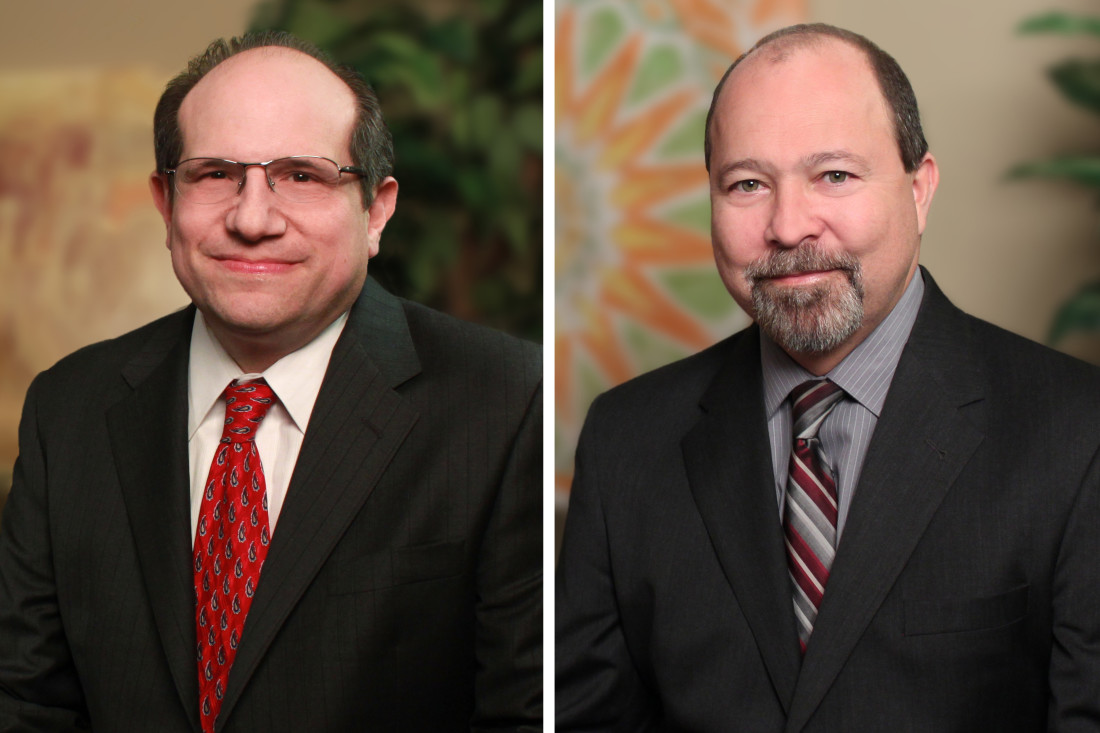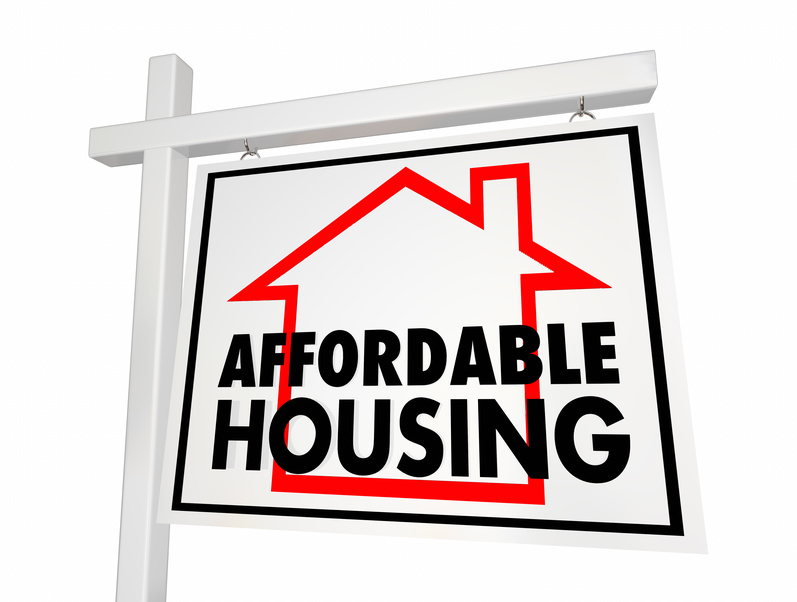 For the past three years, the New Jersey courts have been undertaking the determination of affordable housing obligations in New Jersey's 565 municipalities. 2018 may finally see trial court findings for most of the State.
For the past three years, the New Jersey courts have been undertaking the determination of affordable housing obligations in New Jersey's 565 municipalities. 2018 may finally see trial court findings for most of the State.
The courts have assumed control over affordable housing determinations because of the failure of the Council on Affordable Housing (COAH) to adopt regulations defining municipalities' obligations to ensure the construction of housing for low and moderate income families. In March 2015, the New Jersey Supreme Court determined that COAH had failed in its responsibilities and required the trial courts in each county to make those determinations. More than 375 municipalities filed declaratory judgment actions in 2015, and the trial courts appointed special masters to assist in determining the municipal obligations for affordable housing.
The municipalities and housing advocates have retained experts, and the numbers produced by those experts are widely disparate. In one notable trial involving South Brunswick in 2016, the court imposed an obligation of 1,500 units as promoted by housing advocates, rejecting the findings of the municipal expert with much lower numbers. South Brunswick has challenged that decision and it is proceeding through appeals. Ocean County was also lined up to proceed to trial in 2016, but the uncertainty and cost of trial led to a flurry of settlements.
In January 2017, the New Jersey Supreme Court held that municipalities must also account for the housing needs that accumulated between the years of 1999 - 2015, the "gap period" during which COAH failed to adopt and implement rules that could survive legal challenges, and this further increased the housing obligation on municipalities. The first extensive trial since that ruling has been conducted before Judge Jacobson in Mercer County, with other trial courts awaiting Judge Jacobson's decision before proceeding. The trial before Judge Jacobson began in January 2017, entailed more than 40 days of testimony, and the decision is expected early in 2018. Her decision should carry considerable weight with the other trial judges.
 As a result of the uncertainty and the possibility of another court ruling imposing high numbers on municipalities, more than half of the municipalities have entered into settlements with the leading housing advocate, Fair Share Housing Center, as well as with developers who have intervened in some cases. Municipalities have agreed to numbers between 50% - 75% of the high numbers in Fair Share's expert report, in order to obtain certainty and avoid the cost of further litigation. To date, Fair Share Housing Center has entered into settlements with more than 170 municipalities and reports that it has seen more success with court-administered enforcement than anything before COAH during the past two decades.
As a result of the uncertainty and the possibility of another court ruling imposing high numbers on municipalities, more than half of the municipalities have entered into settlements with the leading housing advocate, Fair Share Housing Center, as well as with developers who have intervened in some cases. Municipalities have agreed to numbers between 50% - 75% of the high numbers in Fair Share's expert report, in order to obtain certainty and avoid the cost of further litigation. To date, Fair Share Housing Center has entered into settlements with more than 170 municipalities and reports that it has seen more success with court-administered enforcement than anything before COAH during the past two decades.
While awaiting Judge Jacobson's decision, there are still opportunities for property owners willing to provide affordable housing on their properties. Judge Jacobson has appointed an independent expert to determine the obligations that each municipality must achieve, and this expert has concluded that those obligations would fall within a middle ground of approximately 60% of the high numbers suggested by the housing advocates. That would impose significant obligations on the municipalities to find sites for affordable housing.
Once the housing obligation is fixed, municipalities must find ways to achieve compliance. This could provide opportunities for developers who can offer developments with affordable units (generally 15% - 20%) to assist the municipalities in meeting their obligations. Further, when municipalities present their housing plans, interested developers will also have the opportunity to contest the validity of those plans and seek to include their properties with an affordable housing component.
